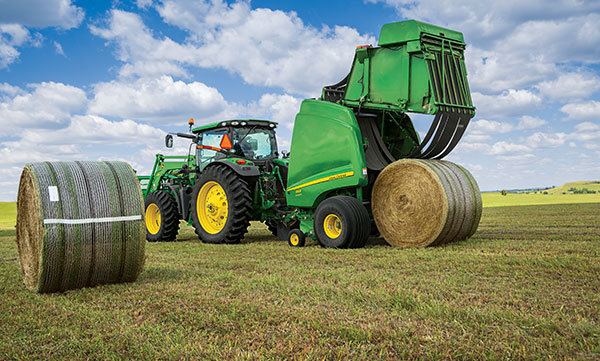What Does a Bull Eat: Understanding the Dietary Habits of Bulls
Bulls are majestic and powerful animals that play a significant role in agriculture, bullfighting, and as symbols of strength. To properly care for a bull, it is crucial to understand its dietary needs. This article aims to explore what bulls eat, providing valuable insights into their nutritional requirements and dietary habits. By understanding their dietary preferences, farmers, animal enthusiasts, and those involved in bull-related activities can ensure the well-being and optimal health of these magnificent creatures.
1. Natural Diet of Bulls:
In their natural habitat, bulls are herbivores, meaning they primarily consume plant-based foods. Their diet consists of a variety of grasses, shrubs, leaves, and other vegetation found in their grazing areas. These natural sources provide the necessary nutrients, energy, and fiber to sustain their robust physique.

Natural Diet of Bulls
2. Pasture and Grazing:
One of the primary components of a bull's diet is grazing on pasture. Bulls require access to ample grassy areas where they can freely graze. Pastures provide a diverse range of grasses, which not only fulfill their nutritional needs but also promote healthy digestion and natural behavior. Proper pasture management is essential to ensure a consistent supply of fresh and nutritious grazing material.
3. Hay and Forage:
In situations where fresh pasture is limited, or during specific seasons when grazing is not feasible, bulls are typically provided with hay or other forages. Hay is dried grass or legumes that have been cut and stored for future use. It serves as a valuable alternative to fresh grazing material and can provide the necessary nutrients and fiber required for a bull's well-being.

Hay and Forage
4. Concentrates and Supplements:
In some instances, additional nutrition may be required to meet the specific needs of a bull. Concentrates, such as grain mixes or pelleted feed, are commonly used to supplement a bull's diet. These concentrates are formulated to provide concentrated sources of energy, protein, vitamins, and minerals. However, it is crucial to consult with a veterinarian or an animal nutritionist to ensure the correct balance and appropriate supplementation.
5. Water:
Water is a fundamental requirement for bulls, as it is for any living being. Bulls need access to clean and fresh water at all times. Adequate hydration is vital for their overall health, digestion, and temperature regulation. It is essential to regularly check and maintain water sources to ensure a constant and clean supply.
6. Monitoring and Adjusting Diet:
To ensure the optimal health of a bull, it is crucial to monitor their diet and make necessary adjustments based on their individual needs. Regular body condition scoring, which involves assessing the bull's physical appearance and weight, can help determine if dietary modifications are necessary. Consulting with professionals who specialize in animal nutrition can provide valuable guidance in managing a bull's diet effectively.
Understanding what bulls eat is crucial for their overall health and well-being. Bulls are herbivores, primarily consuming a diet consisting of grasses, shrubs, and other vegetation found in their grazing areas. Providing access to pasture and hay is essential, while concentrates and supplements may be required in specific cases. Regular monitoring and adjustments ensure that a bull's nutritional needs are met. By properly managing their diet, we can ensure the vitality and longevity of these remarkable animals.